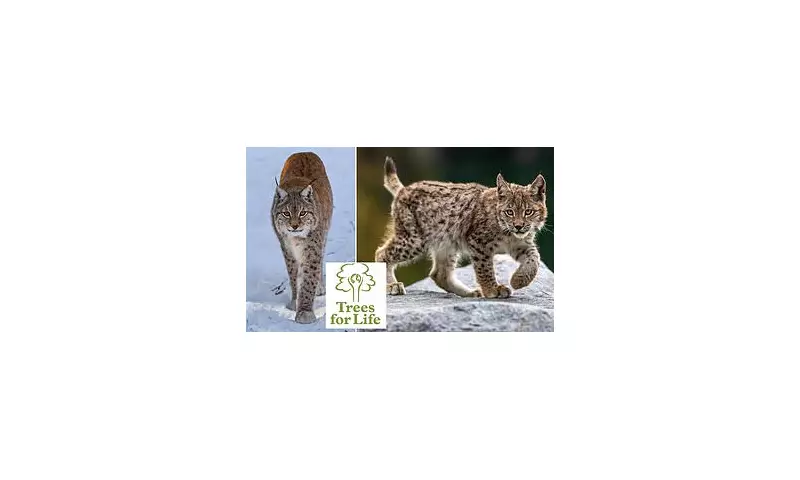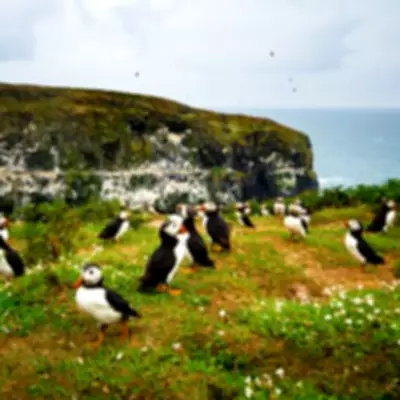
In a bold move that could reshape Scotland's ecological landscape, conservation authorities have launched an unprecedented recruitment drive for specialists tasked with one of Britain's most ambitious rewilding projects: returning the Eurasian lynx to Scottish soil after half a millennium.
The Comeback Campaign Begins
Two newly created positions are now being advertised, marking the most significant step yet in plans to reintroduce these elusive wildcats to their ancestral homeland. The roles represent a major commitment to making Scotland's forests complete again, with the lynx having been missing from the ecosystem for approximately 500 years.
What the Roles Entail
The successful candidates will face the monumental task of navigating the complex process of bringing back a top predator. Their responsibilities will include:
- Developing comprehensive reintroduction strategies
- Engaging with stakeholders including farmers, landowners and local communities
- Conducting vital habitat assessment and preparation work
- Managing the delicate balance between conservation and community interests
Why Lynx Matter to Scotland's Ecosystem
Conservation experts argue that the return of the lynx could provide significant ecological benefits. As natural predators, they would help control deer populations that currently require extensive human management. Their presence would also contribute to restoring natural processes that have been absent from Scottish woodlands for centuries.
The Eurasian lynx, known for its distinctive tufted ears and solitary nature, once roamed freely across Britain before being hunted to extinction around 500 AD in England and 300 years later in Scotland.
Addressing Concerns Head-On
While the prospect excites conservationists, the plan has faced opposition from some farming communities concerned about livestock predation. The newly appointed officers will need to address these concerns directly, developing mitigation strategies and building trust among rural stakeholders.
This recruitment drive signals that Scotland is serious about joining other European nations who have successfully reintroduced lynx to their forests, creating a more complete and functioning ecosystem for future generations.





